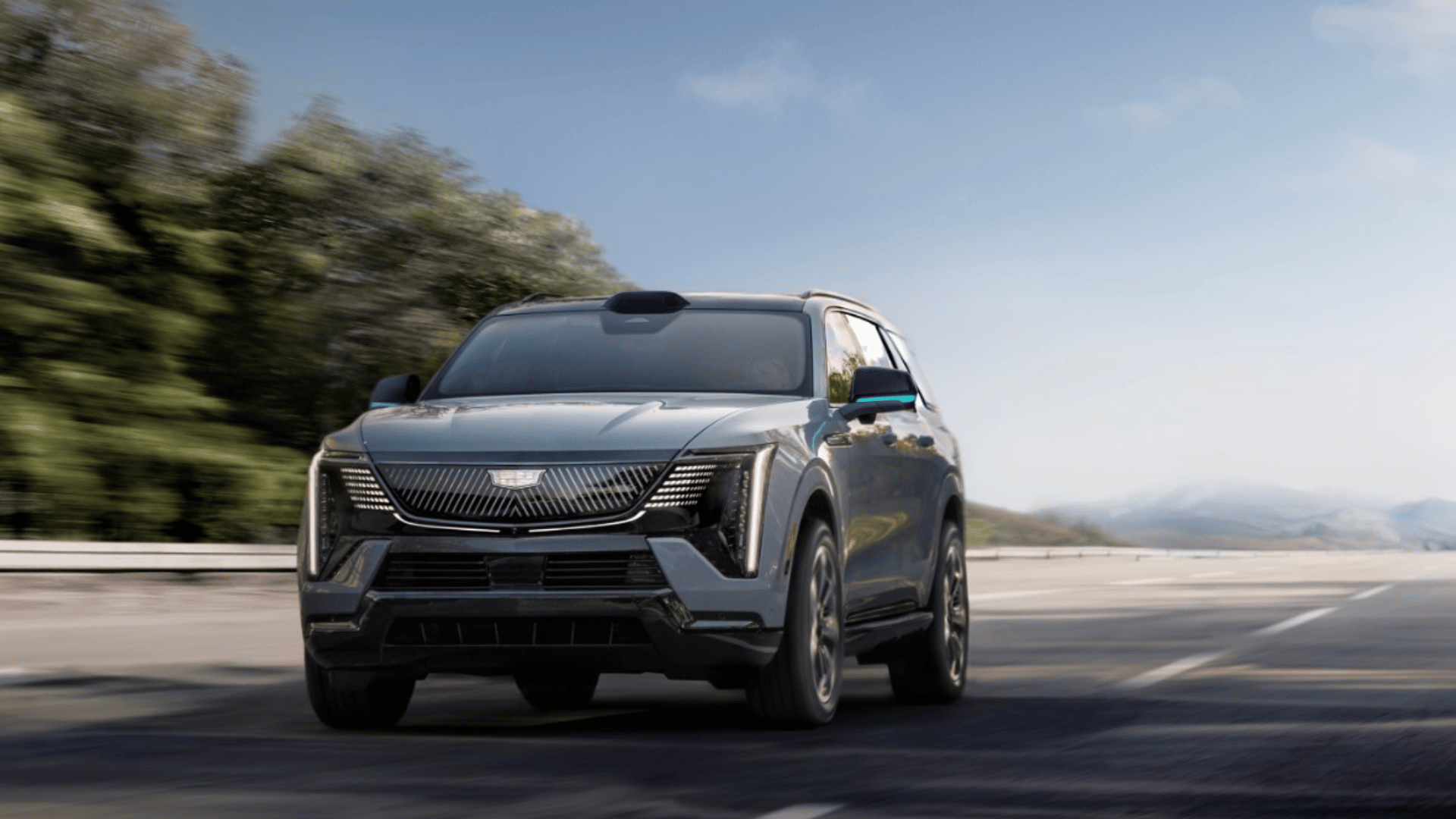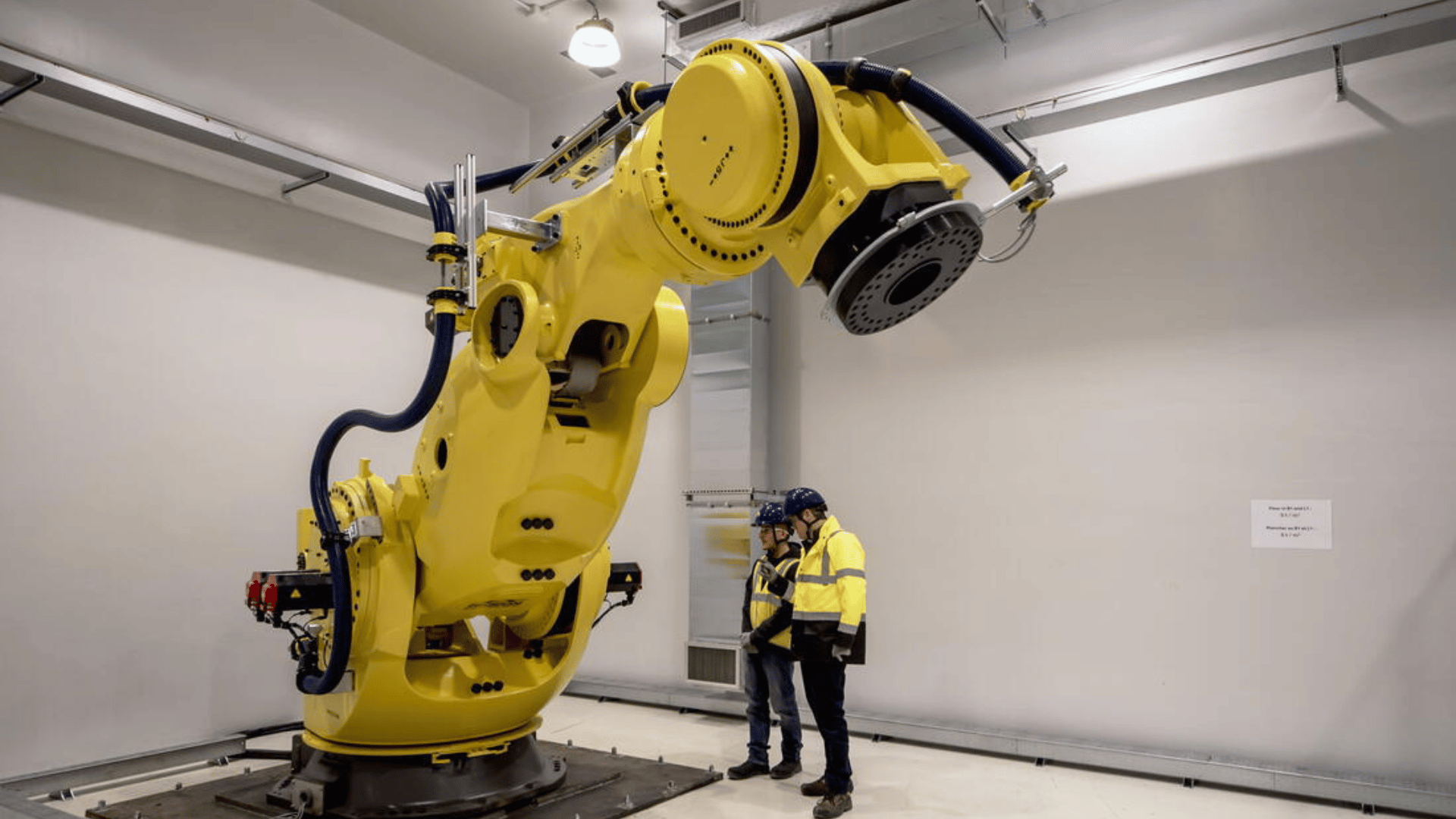General Motors (GM) announced two major AI advancements, eyes-off driving and conversational AI, that aim to make cars more than a means of transportation, but intelligent partners that understand and adapt to the driver. The company says it is “building the next generation of intelligent vehicles” that will improve over time.
A New Era of Autonomous Driving

The most ambitious leap is the eyes-off driving feature, which is set to begin in 2028 on the Cadillac Escalade IQ, initially for highway use. When the system is active, a distinct turquoise lighting signal across the dashboard and exterior mirrors will cue the driver that it is safe to disengage, allowing them to read or attend to messages while the vehicle manages the drive.
General Motors’ approach integrates lidar, radar, and cameras for a resilient perception layer. Real-world driving data supports this sensor fusion to make informed decisions and high-fidelity simulation, enabling validation against rare or hazardous scenarios. Super Cruise has proven the groundwork. Since its 2017 debut, the system has expanded to 23 models and enabled over 700 million hands-free miles, with zero reported crashes attributed to the system.
Furthermore, GM pairs this experience with the autonomous expertise of Cruise, which was integrated earlier this year. Cruise’s technology stack includes AI models trained on five million driverless miles. It’s feeding directly into GM’s next-generation programs.
The GM development team stated, “Our goal is to bring to market the most trusted and scalable eyes-off driving technology on the path to personal autonomy.”
Conversational Intelligence
Alongside the driving innovations, GM is advancing its in-car digital assistant capabilities. Starting next year, vehicles will feature conversational AI with Google Gemini for more natural interaction. Additionally, it will enable drivers to draft and send messages or plan routes with contextual awareness, such as locating a charging station near a preferred coffee shop.
Looking ahead, GM plans to launch its own custom-built AI. The company plans to integrate it with the vehicle’s specific intelligence and personal preferences. This could include early detection of a maintenance issue, explaining complex features like one-pedal driving, or recommending a dinner spot based on past routes and preferences.







